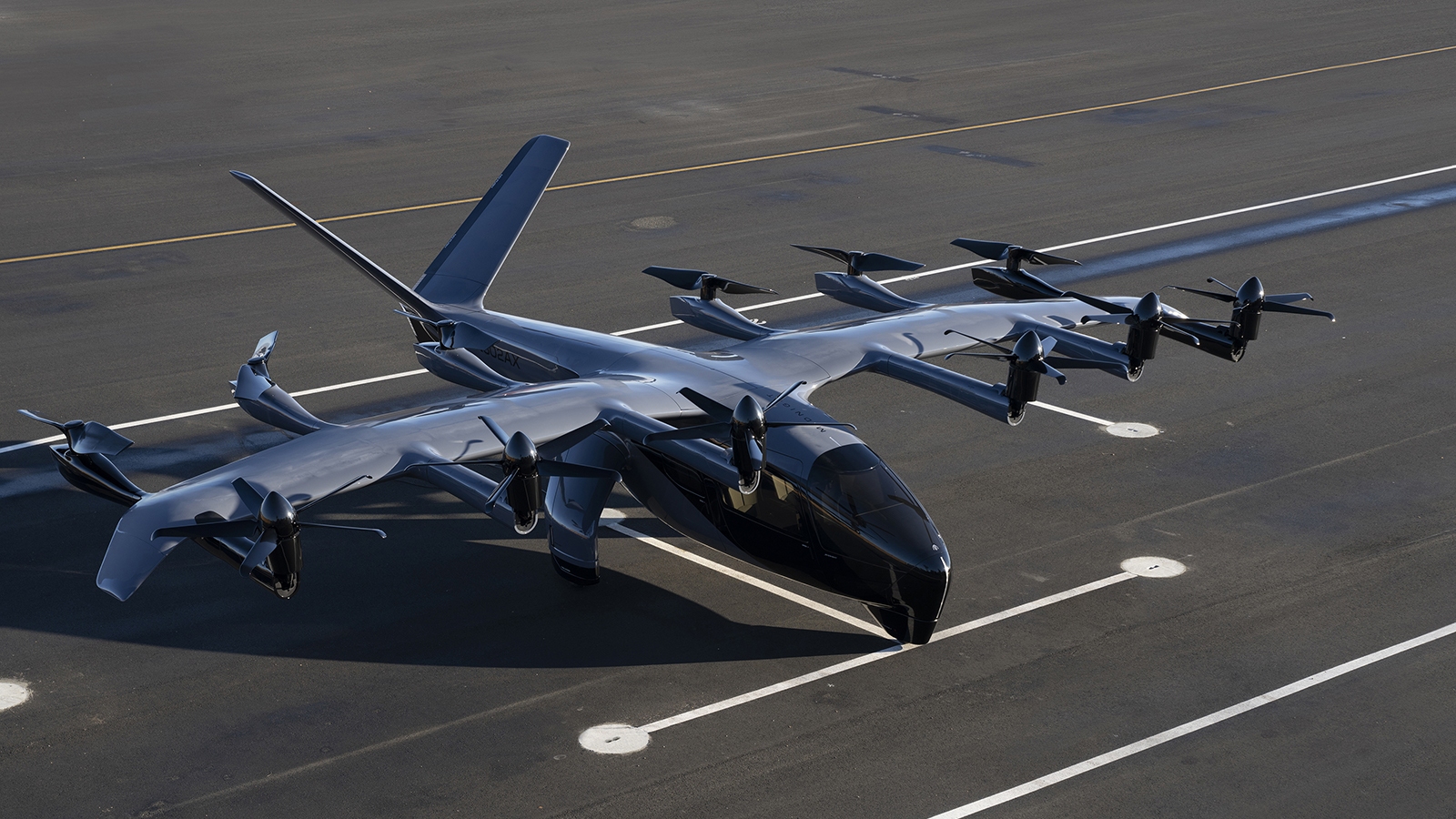Stay Up to Date
Submit your email address to receive the latest industry and Aerospace America news.
Initial industry reviews of deal are positive
Archer Aviation’s settlement with Boeing subsidiary Wisk over accusations of theft of trade secrets is receiving good reviews from industry watchers, because it allows Archer to outsource development of autonomous flight technology for its aircraft through payment to Wisk, and also includes investment by Boeing in Archer.
Wisk sued Archer in 2021, alleging that Archer stole trade secrets and patented innovations from Wisk about its autonomous flight technology. The settlement requires Boeing to invest in Archer, while Archer agreed to purchase autonomous flight technology from Wisk — in a sense compensating Wisk.
During a quarterly earnings call on Thursday with investors, analysts and media, Archer CEO Adam Goldstein said more details about the collaboration with Wisk would be announced soon.
He cast the agreement as positive because it would allow Archer to focus on finalizing its air taxi design and constructing its manufacturing facility in Covington, Georgia.
“This puts Archer in a unique position to be able to [obtain] autonomy technology from a leader in the industry,” Goldstein said. “This is a natural extension of our overall strategy of focusing our in-house research and development on key enabling technologies that cannot be sourced from the existing aerospace supply base.”
Reactions from analysts as they asked questions during the call were largely congratulatory. Industry analyst Sergio Cecutta told me Friday that he sees the lawsuit settlement as a “smart decision.”
“This avoids unnecessary legal fees and an uncertain outcome,” said Cecutta, founder of SMG Consulting, which produces the AAM Reality Index, a ranking of advanced air mobility companies according to funding, experience and progress toward certification and commercialization.
“Archer is basically doing a ‘make versus buy’ decision on [autonomous technology] and they have decided to buy it from Wisk,” Cecutta said.
The amount of Boeing’s investment in Archer wasn’t immediately disclosed; it was part of a new investment round in Archer of $215 million that also came from United Airlines and automaker Stellantis. Both United and Stellantis have invested in Archer previously, and Stellantis is collaborating with Archer on construction of its Georgia plant.
Archer Chief Operating Officer Tom Muniz also announced during the Thursday call that “FAA has begun accepting our certification plan,” which is an early step in obtaining aircraft and operations certificates from the agency.
“We’re really starting to build momentum. I’m very happy with the progress,” Goldstein said.
Goldstein also announced that Archer hopes to deliver one of its planned Midnight aircraft, an electric vertical takeoff and landing aircraft or eVTOL, to the U.S. Air Force Afwerx program for testing by the military branch within six months. The company has so far built one of the planned production model.
Archer on July 31 announced that it had a new Afwerx contract for up to six Midnights, each of which would have six propellers that tilt forward for cruising and six that would remain fixed for vertical takeoff and landing.
Archer executives on the call were bullish about the company’s future.
“I believe that we will take the lead over the next 12 months in the race to bring the first commercial [eVTOL] aircraft to market here in the U.S.,” Muniz said.
The company’s chief safety officer, former FAA Acting Administrator Billy Nolen, spoke for the first time on a company investor call since joining Archer in June.
“I’m very excited to be part of the team here at Archer, which I have over the last several years come to believe will become the unambiguous leader among eVTOL manufacturers,” Nolen said.
Get the latest news about advanced air mobility delivered to your inbox every two weeks.
About paul brinkmann
Paul covers advanced air mobility, space launches and more for our website and the quarterly magazine. Paul joined us in 2022 and is based near Kennedy Space Center in Florida. He previously covered aerospace for United Press International and the Orlando Sentinel.
Related Posts
Stay Up to Date
Submit your email address to receive the latest industry and Aerospace America news.




